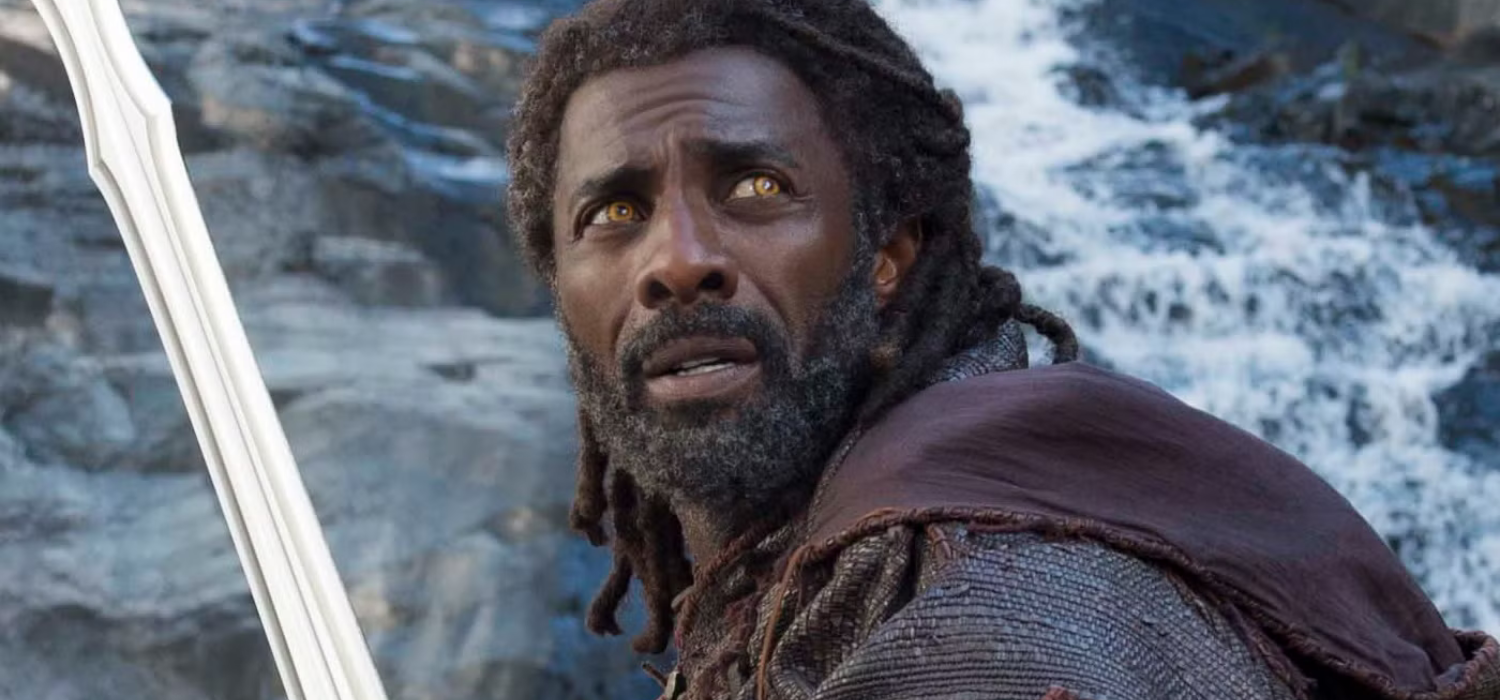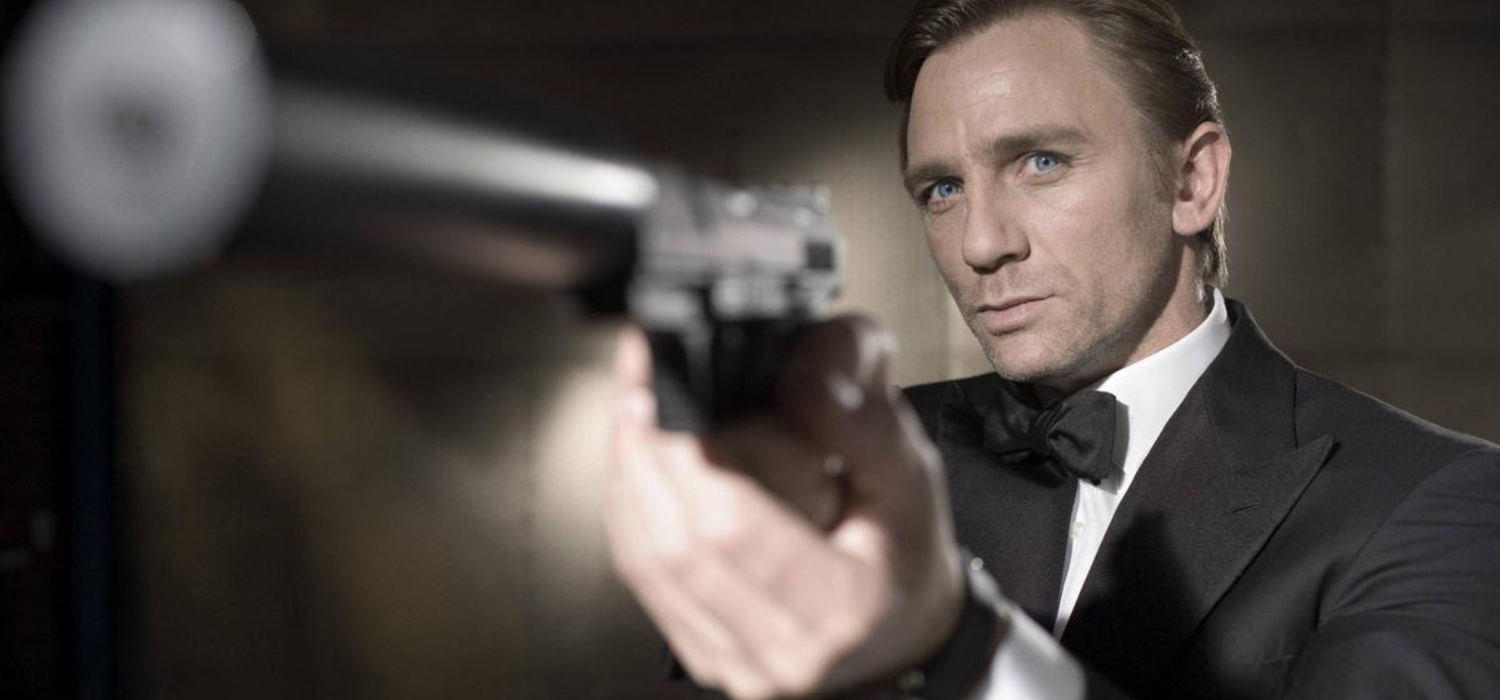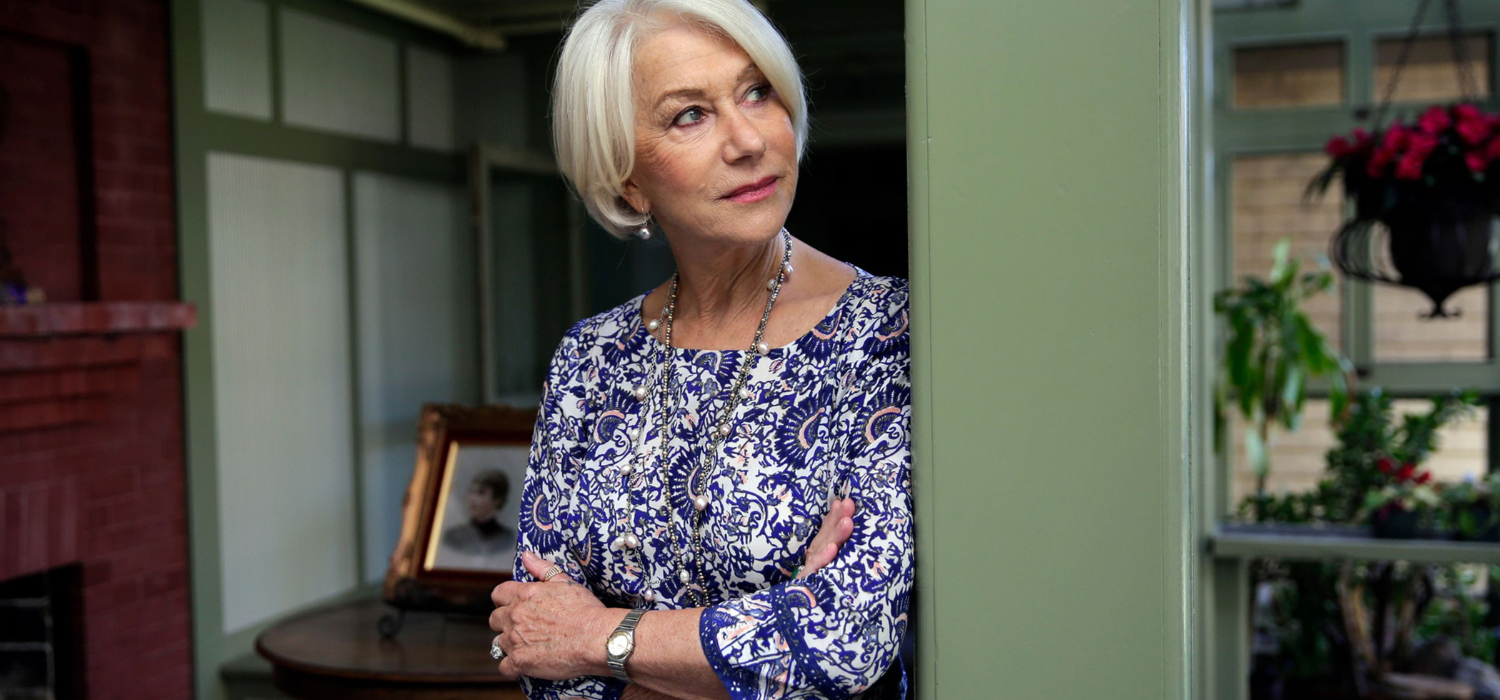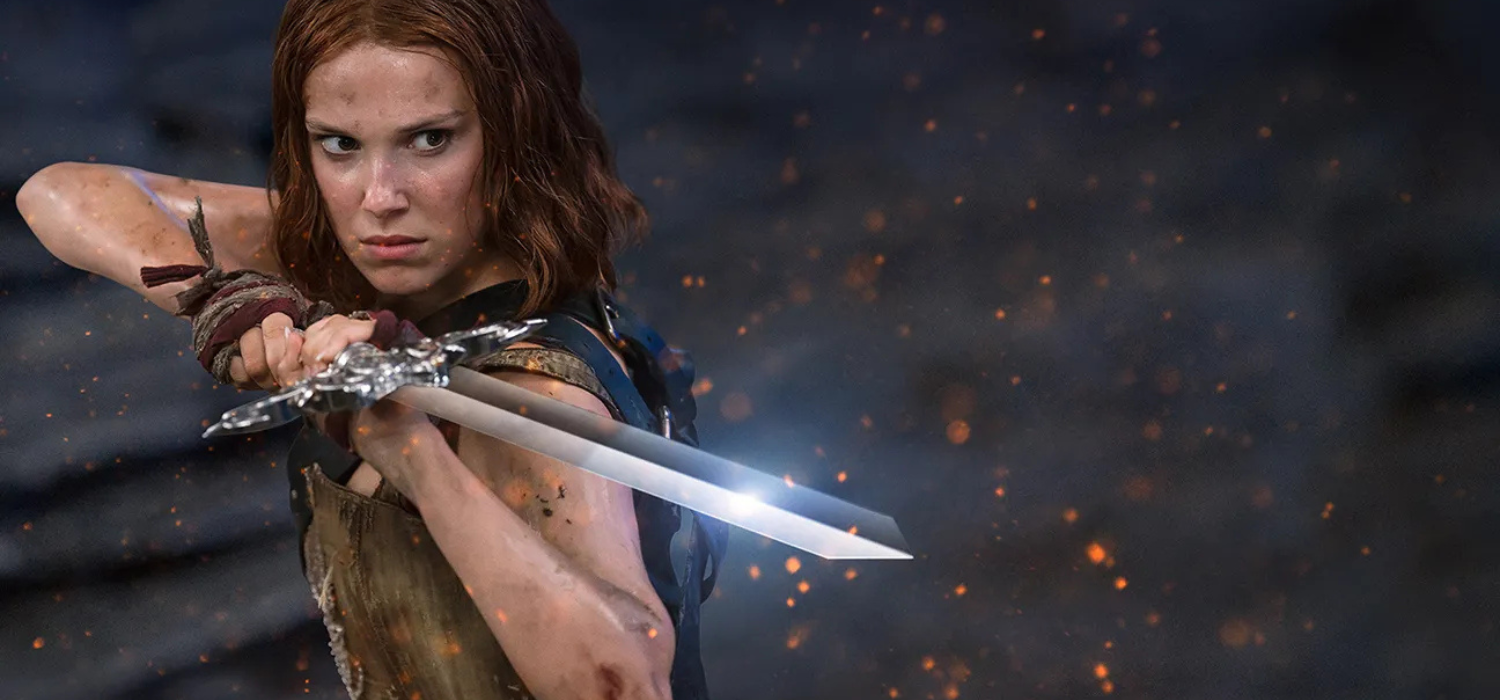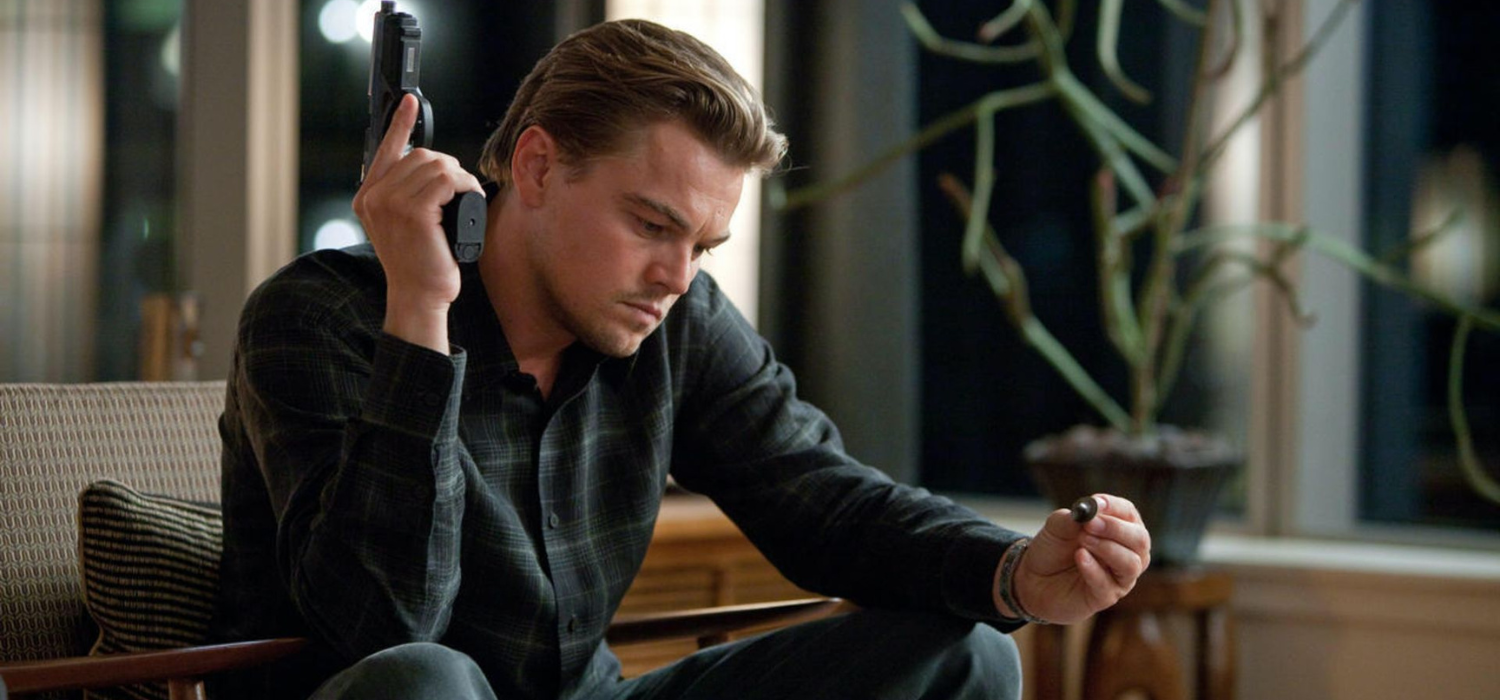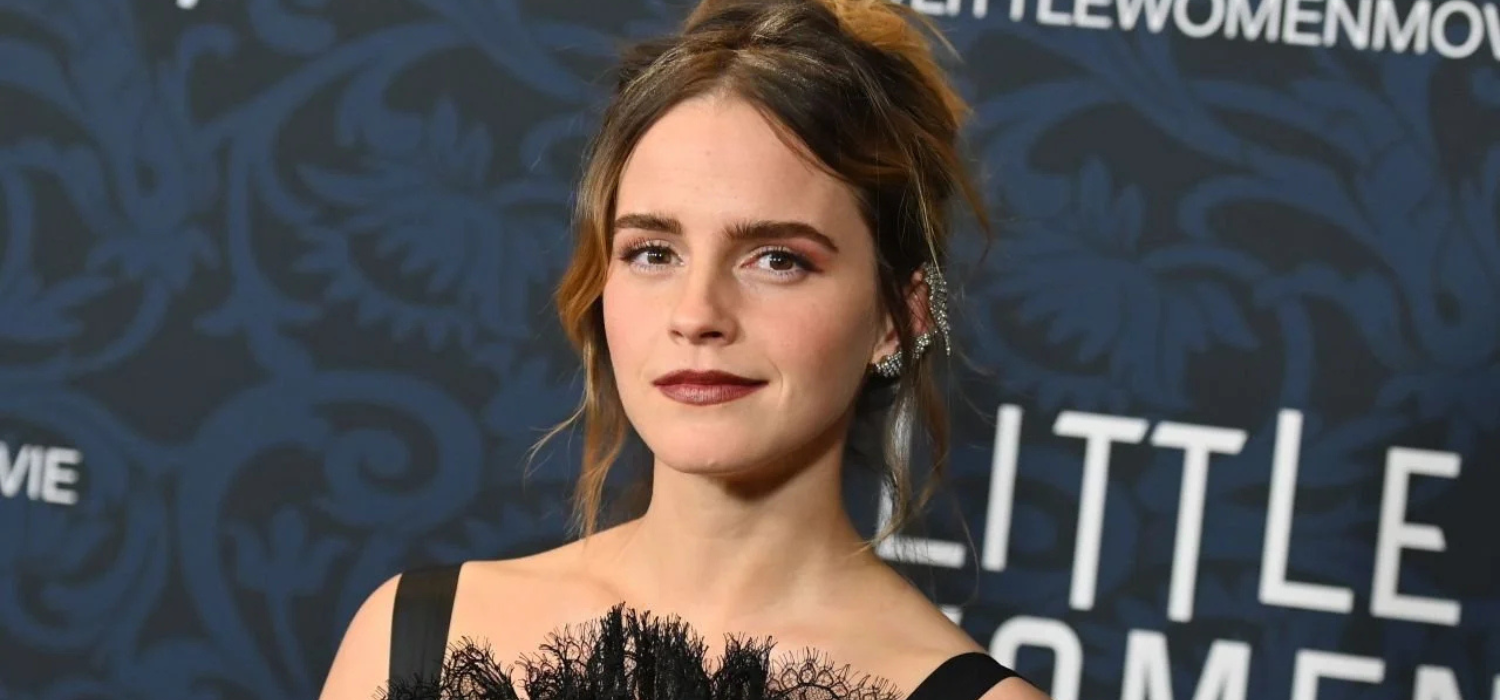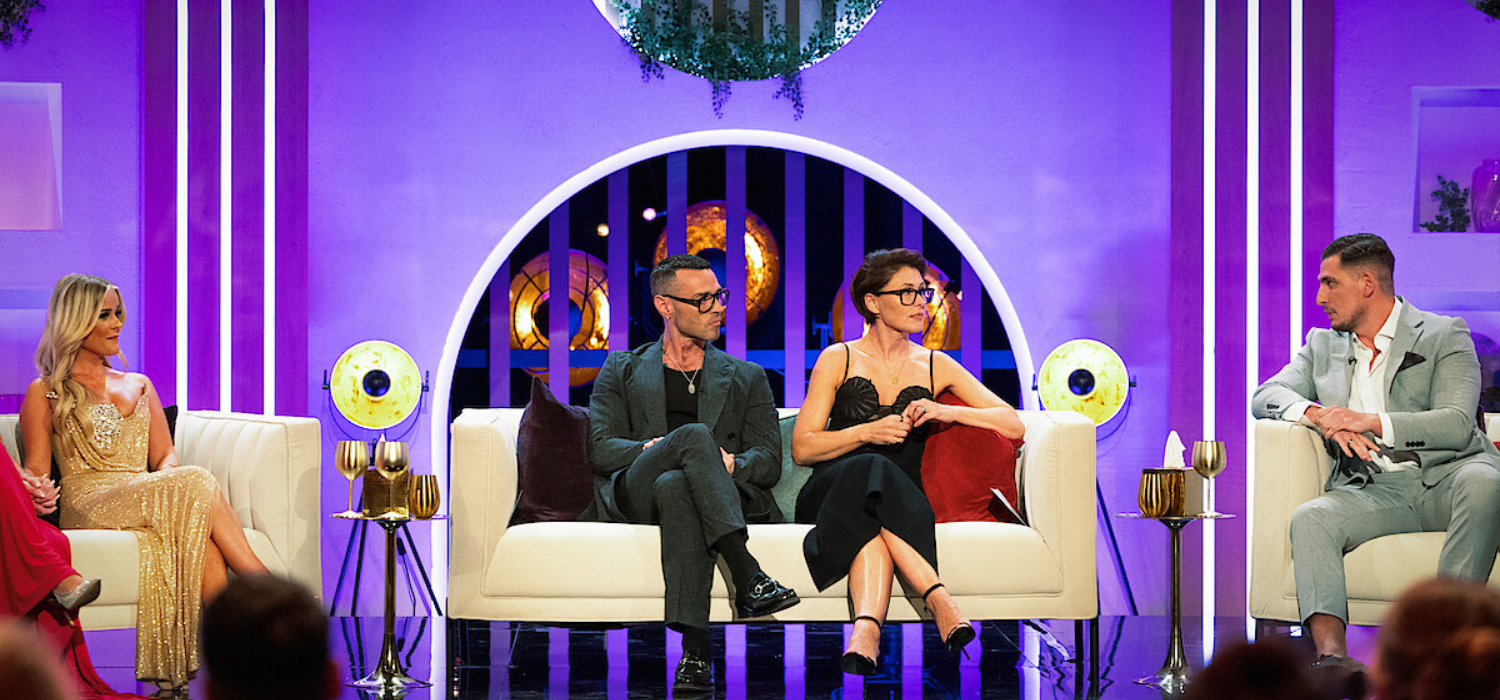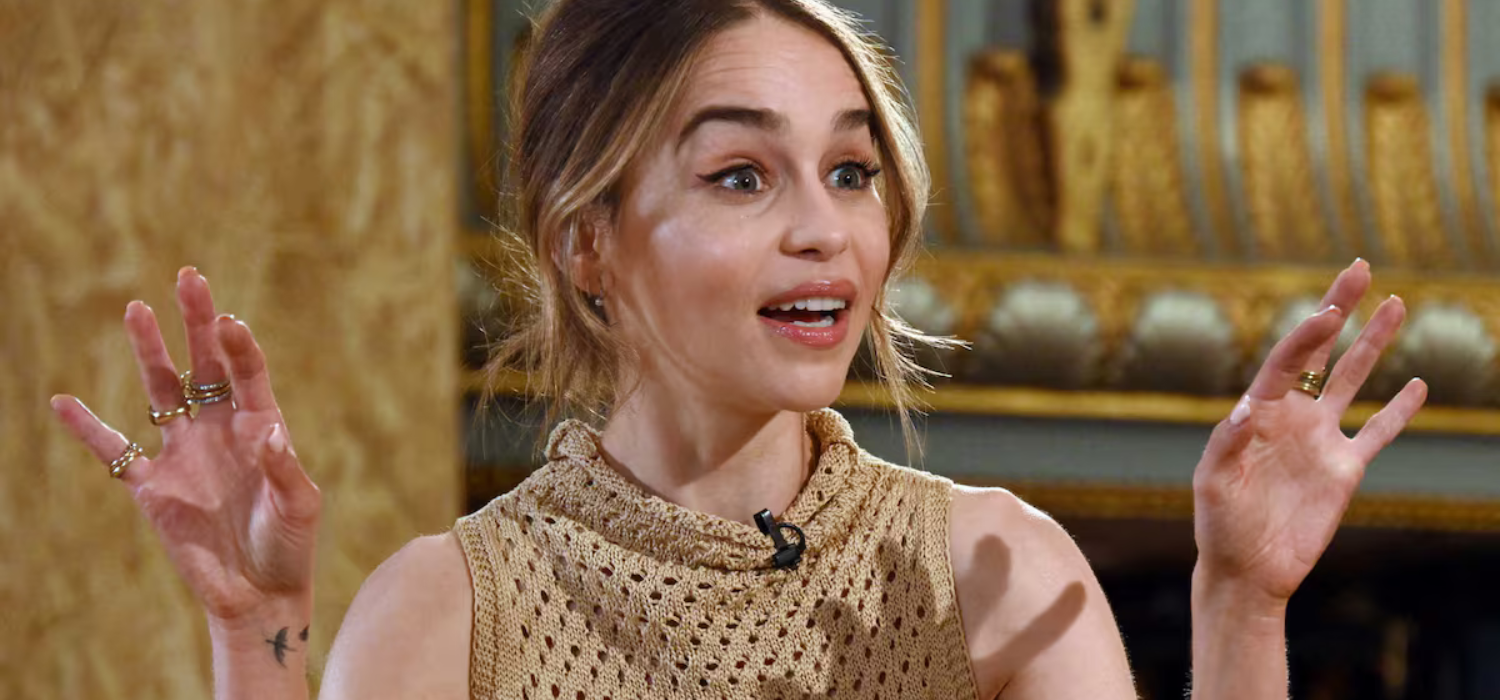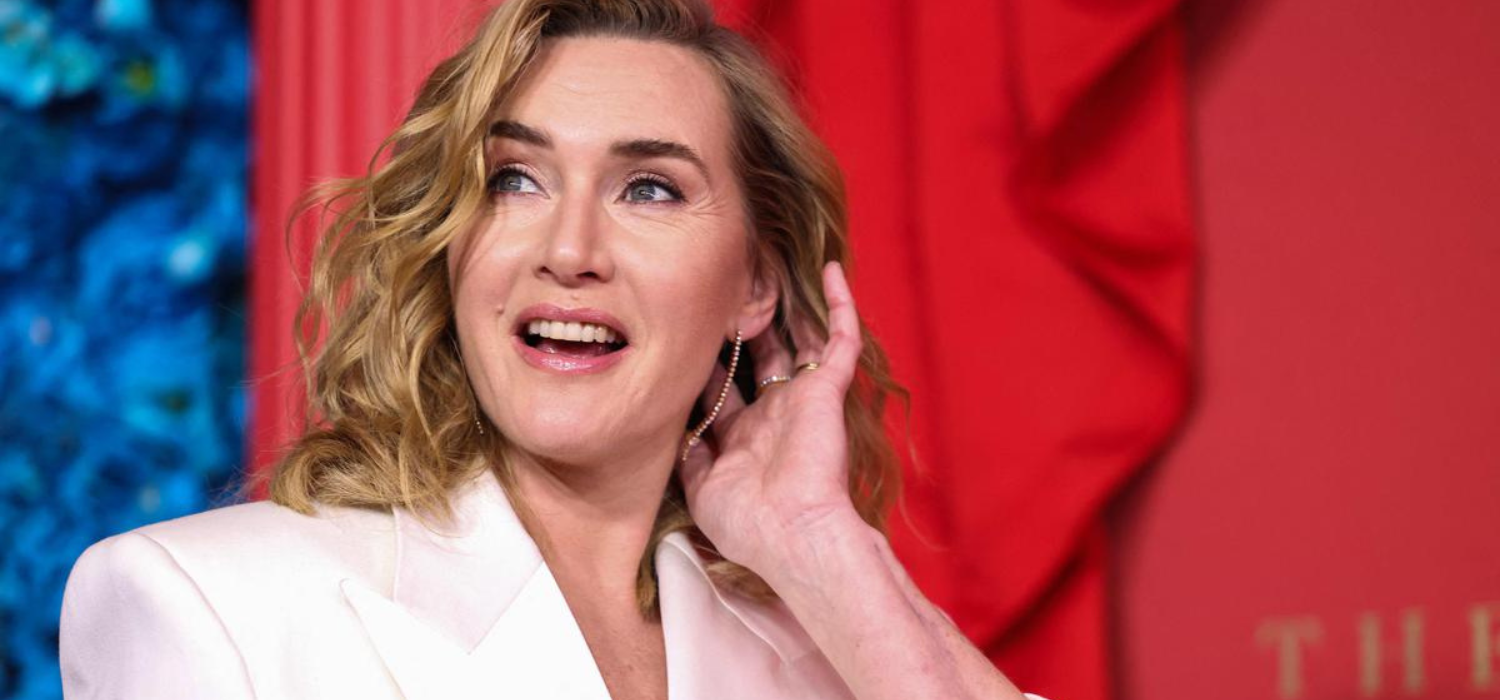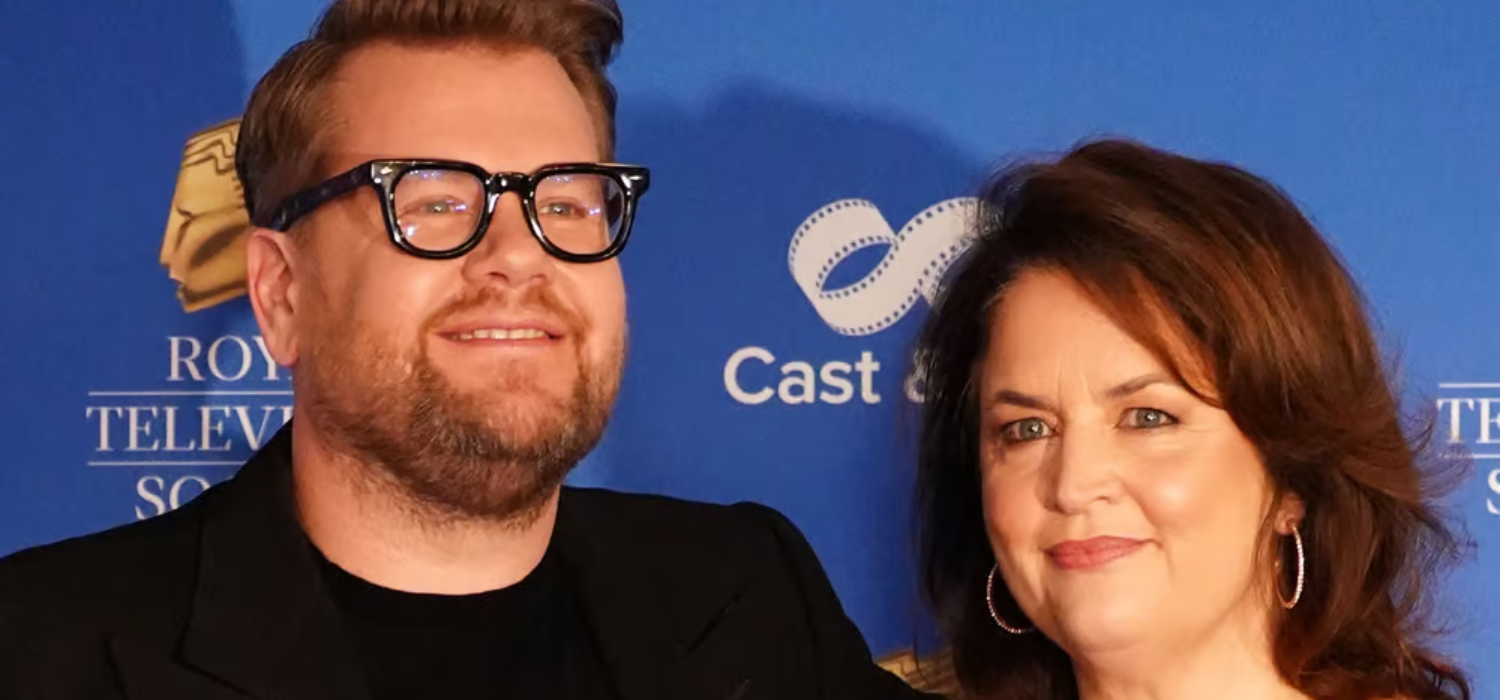Introduction: British Talent in the Global Arena The cinematic world has always been shaped by a mix of diverse voices, powerful performances, and unique cultural perspectives. Over the past few decades, British actors have emerged as leading figures in Hollywood and beyond, contributing significantly to both blockbuster franchises and independent films. Among them, Idris Elba stands tall—not just in stature but in influence. With a career that spans television, film, music, and even activism, Elba represents the best of British talent on the global stage. This blog explores the rise of Idris Elba, the prominence of British actors in Hollywood, and the broader cultural shifts that have placed UK talent firmly in the international spotlight. From early struggles to modern success stories, the journey of these performers reveals resilience, creativity, and an enduring dedication to craft. Idris Elba: From East London to Global Fame Humble Beginnings Born in Hackney, London, Idris Elba grew up with a love for storytelling, music, and performance. Like many British actors, his road to stardom was not straightforward. He worked a series of odd jobs, from tire-fitting to DJing at weddings, while pursuing acting opportunities. His experiences in East London shaped his outlook, grounding him in authenticity and relatability—qualities that shine through in his performances. The Breakthrough Role: Stringer Bell Elba’s first major breakthrough came in The Wire (2002–2004), where he portrayed Stringer Bell, a complex and intellectual drug lord. This role did more than launch Elba’s career; it showcased the ability of British actors to seamlessly integrate into American narratives with unmatched authenticity. Many viewers were shocked to discover that Elba was British, a testament to his skill with accents and cultural nuance. Transition to Hollywood Blockbusters From Thor in the Marvel Cinematic Universe to Pacific Rim, Elba quickly established himself as a go-to actor for major productions. His versatility allowed him to transition smoothly between genres—whether playing Heimdall, the all-seeing Norse deity, or a fearless pilot in sci-fi adventures. Unlike many actors who become typecast, Elba embraced diverse opportunities that highlighted his range. British Talent Taking Over Hollywood A Tradition of Excellence British actors have long been respected for their theatrical training. Prestigious institutions like the Royal Academy of Dramatic Art (RADA) and the London Academy of Music and Dramatic Art (LAMDA) have consistently produced performers with strong grounding in classical techniques. This foundation often distinguishes UK actors in Hollywood, where their adaptability and craft are highly valued. From Stage to Screen Theatrical experience remains a cornerstone of British acting. Actors like Helen Mirren, Judi Dench, and Ian McKellen brought Shakespearean gravitas to international screens. Elba, though less rooted in Shakespeare than some of his peers, similarly benefits from the British emphasis on range and depth. His ability to embody authority figures, complex antiheroes, and even comedic roles reflects the versatility British actors are renowned for. British Actors in Leading Roles The past two decades have seen a surge in British actors leading global franchises. From Daniel Craig redefining James Bond to Benedict Cumberbatch dominating as Doctor Strange, the pattern is clear: Hollywood has embraced UK talent not as secondary players, but as central stars. Idris Elba’s name often surfaces in discussions about roles of great cultural importance—including ongoing debates about whether he could one day portray James Bond. Idris Elba’s Cultural Impact Representation and Visibility As one of the most prominent Black British actors in Hollywood, Idris Elba represents more than just personal achievement. His career highlights issues of representation, diversity, and the importance of visibility in global cinema. Elba has consistently used his platform to advocate for greater opportunities for underrepresented groups in film and television. Breaking Stereotypes Elba’s career is also remarkable for breaking stereotypes. Instead of being typecast into narrow categories, he has played a wide range of roles—leaders, detectives, heroes, villains, and everyday individuals. His performances have expanded perceptions of what Black British actors can portray in Hollywood, challenging outdated norms and paving the way for others. Beyond Acting: Music, Activism, and Entrepreneurship Elba’s influence stretches beyond the screen. As a musician and DJ, he has built a reputation in the music industry under the name “Big Driis.” His activism includes work with charities, speaking at political events, and supporting initiatives aimed at young creatives. By balancing multiple careers, Elba embodies the modern multi-hyphenate artist, proving that British talent can thrive in more than one creative arena. British Talent Across Genres Drama and Prestige Projects British actors often excel in dramatic projects. Elba’s role in Luther, the BBC detective series, became one of his most iconic performances. The series showcased not only his intensity but also his ability to balance vulnerability with strength—qualities that international audiences deeply connected with. Similarly, UK actors like Olivia Colman, Eddie Redmayne, and Emily Blunt have brought nuanced performances to global cinema, winning major awards in the process. Action and Blockbusters British talent has also conquered the action genre. Actors like Tom Hardy (Mad Max: Fury Road), Henry Cavill (Man of Steel), and Daisy Ridley (Star Wars) demonstrate the UK’s contribution to blockbuster storytelling. Idris Elba fits firmly into this tradition, with action-heavy performances that bring both physical presence and emotional weight. Comedy and Versatility British humor, known for its wit and subtlety, has also translated successfully to Hollywood. Actors such as Ricky Gervais and Sacha Baron Cohen have built careers around uniquely British comedic sensibilities. Elba, while primarily known for drama and action, has also showcased comedic timing in films like The Office (US version) and lighter moments in ensemble casts. The Global Appeal of British Talent Why Hollywood Loves British Actors Several factors explain why Hollywood consistently embraces British talent: Idris Elba as a Global Star Elba embodies all of these qualities. His roles resonate with audiences worldwide because he combines intensity with relatability. Whether playing a superhero, a detective, or a romantic lead, Elba connects with viewers on a human level—transcending nationality and culture. Challenges Facing British Actors in Hollywood Competition and Typecasting Despite widespread success, challenges remain. Typecasting
From London to Hollywood: UK Actors Shine with Daniel Craig
Introduction: A British Icon in Global Cinema Daniel Craig is one of the most recognizable names in modern cinema. Known worldwide for his portrayal of James Bond, Craig has become a symbol of British excellence on screen. But beyond the tuxedo and the Aston Martin, Craig represents something larger—the global influence of UK actors who have transitioned seamlessly from London stages to Hollywood blockbusters. The story of British talent in Hollywood is not new. For decades, actors from the United Kingdom have made their mark in the United States, blending classical training with raw charisma. Daniel Craig, however, stands at the center of a new era. His rise coincides with a growing wave of UK actors dominating both mainstream franchises and independent films. This blog explores the journey of Daniel Craig and his contemporaries, examining how UK actors have redefined Hollywood cinema. From Craig’s breakout roles to collaborations with fellow British icons, this narrative showcases the powerful fusion of London’s theatrical roots and Hollywood’s star-making machine. Daniel Craig: Beyond James Bond Early Struggles and Breakthroughs Daniel Craig’s career did not begin with instant fame. Born in Chester, England, Craig trained at the Guildhall School of Music and Drama in London. Like many UK actors, he worked tirelessly in theatre and small television roles before breaking into mainstream cinema. His performances in independent films such as Some Voices (2000) and Layer Cake (2004) demonstrated his intensity and range, laying the groundwork for his future success. The James Bond Legacy In 2006, Craig redefined one of the most iconic roles in film history—James Bond. Casino Royale introduced audiences to a grittier, more emotionally complex Bond, diverging from the suave charm of previous portrayals. Craig’s interpretation combined vulnerability with strength, earning critical acclaim and commercial success. Over the next decade, he starred in four more Bond films: Through this role, Craig not only revitalized the Bond franchise but also became a global ambassador for British cinema. His influence helped spotlight other UK actors who were breaking into Hollywood at the same time. Life Beyond 007 Craig has consistently sought roles outside of Bond to showcase his versatility. His performances in The Girl with the Dragon Tattoo (2011), Logan Lucky (2017), and Knives Out (2019) proved his ability to tackle comedy, drama, and mystery with equal skill. By doing so, Craig joined a growing list of British actors who successfully avoid being typecast by one iconic role. UK Actors Taking Over Hollywood While Daniel Craig became an international superstar, he is part of a broader wave of British actors making their mark in Hollywood. Trained in theatre, steeped in tradition, and equipped with unmatched versatility, these actors are redefining the global entertainment industry. London’s Theatrical Roots and Hollywood Stardom A defining characteristic of UK actors in Hollywood is their foundation in theatre. Unlike many of their American counterparts, British performers often begin their careers on stage. Daniel Craig, for instance, performed in Shakespearean productions before transitioning to film. The RSC and Drama Schools Institutions such as the Royal Shakespeare Company (RSC), Guildhall School of Music and Drama, and Royal Academy of Dramatic Art (RADA) have trained generations of actors who now dominate Hollywood. This classical foundation gives British performers a distinctive edge, allowing them to bring depth and gravitas to screen roles. The Cultural Crossover Hollywood often seeks actors who can deliver both style and substance. UK actors, with their theatre-based discipline and adaptability, fulfill that demand. Daniel Craig’s Bond, Cumberbatch’s Doctor Strange, and Elba’s Heimdall are examples of characters shaped by this unique training. Collaborations that Redefined Cinema Daniel Craig’s Hollywood journey has been enriched by collaborations with other UK actors, further highlighting the strength of British talent. Knives Out and Ensemble Brilliance Craig’s role as Benoit Blanc in Knives Out showcased his comedic timing and accent flexibility. While most of his co-stars were American, the success of this ensemble film mirrored the kind of storytelling tradition found in British theatre—actors working together to elevate a narrative. British Power in Franchises From Harry Potter to Star Wars, UK actors have dominated global franchises. Daniel Craig himself even made a cameo as a Stormtrooper in Star Wars: The Force Awakens. This crossover reflects the interconnectedness of British and American cinema. The Next Wave of Collaborations With streaming platforms investing heavily in British talent, collaborations between actors like Craig, Cumberbatch, Patel, and Brown are increasingly likely. These projects will continue bridging London and Hollywood, offering audiences fresh narratives enriched by diverse talent. The Influence of James Bond on UK Actors Daniel Craig’s Bond era has had a profound ripple effect. His gritty portrayal of 007 inspired other British actors to embrace more nuanced, layered roles in Hollywood. Shaping Masculinity on Screen Craig’s Bond moved away from the invincible, emotionless spy archetype. Instead, he portrayed vulnerability, trauma, and human complexity. This shift influenced portrayals of masculinity in cinema, opening doors for actors like Tom Hardy and Richard Madden to explore flawed yet compelling characters. Raising Global Visibility The success of Craig’s Bond also amplified the global demand for British actors. Hollywood casting directors increasingly looked to the UK for talent capable of carrying major franchises, fueling the rise of a new generation. Thoughts Daniel Craig embodies the modern British actor’s journey: grounded in London theatre, elevated by global franchises, and constantly reinventing his craft. Yet, he is not alone. Alongside him stands a generation of UK actors whose versatility and discipline have reshaped Hollywood. Bond and Beyond: The Expanding Careers of UK Co-Stars While Daniel Craig has been the central figure of the Bond universe, the films also opened doors for other UK actors. Naomie Harris, who plays Moneypenny, transformed the character into a strong, modern, and independent figure. Her chemistry with Craig gave audiences a fresh perspective on a role that had often been relegated to the background. Harris later went on to receive acclaim for her performances in films like Moonlight, proving how Bond became a springboard for her career. Similarly, Rory Kinnear,
Breaking News: UK Actors Teaming Up with Helen Mirren
Introduction: A New Chapter in British Cinema Few names carry the kind of weight in the acting world that Helen Mirren does. The Academy Award-winning actress has been a staple of both stage and screen for decades, balancing regal portrayals like Queen Elizabeth II with bold and modern roles that show her range and versatility. Now, breaking news from the entertainment industry has revealed an exciting development—several of the UK’s most talented actors are officially teaming up with Helen Mirren for upcoming projects. This collaboration is already being hailed as a momentous event, not just for British cinema but for the global film industry. Helen Mirren: A Living Legend of the Screen Before diving into the details of this groundbreaking partnership, it’s important to understand just how influential Helen Mirren has been in shaping British acting. With an acting career spanning more than five decades, Mirren has worked across Shakespearean theatre, Hollywood blockbusters, and intimate indie films. Her ability to embody both royal poise and raw vulnerability has made her a force of nature on screen. Audiences have come to trust her name as a guarantee of excellence. Whether it’s her award-winning performance in The Queen (2006) or her witty charm in The Good Liar (2019), Mirren continues to reinvent herself. And now, her decision to collaborate with younger and equally established British stars is seen as both a passing of the torch and a celebration of British talent. The Announcement That Took Fans by Surprise The official announcement came during a press event in London, where Mirren appeared alongside a group of celebrated UK actors. The lineup included both rising stars and established names, making the news even more exciting. While specific project details remain under wraps, insiders revealed that multiple films and series are in development, all featuring Mirren in key roles alongside her British peers. Social media immediately buzzed with speculation—would this collaboration involve historical dramas, modern thrillers, or perhaps even high-budget streaming productions? Fans flooded platforms like Twitter and Instagram with excitement, praising the union of British talent and expressing anticipation for what could easily become award-winning projects. Collaborators: The British Stars Joining Forces with Mirren One of the highlights of the announcement was the reveal of who would be working with Helen Mirren. Here are some of the notable names: Benedict Cumberbatch Known worldwide for his role as Sherlock Holmes and for starring in Marvel’s Doctor Strange, Benedict Cumberbatch brings intellectual charm and intensity to every role. His collaboration with Mirren could be a powerhouse pairing, blending wit and gravitas. Olivia Colman Another Oscar-winning actress, Olivia Colman has proven her ability to capture audiences with performances in The Favourite and The Crown. Watching Colman and Mirren share the screen is nothing short of a dream scenario for fans of nuanced acting. Dev Patel From his breakout role in Slumdog Millionaire to critically acclaimed performances in Lion and The Green Knight, Dev Patel has carved out a global reputation. His energy and versatility are expected to complement Mirren’s sophistication beautifully. Millie Bobby Brown The young star of Stranger Things has already proven her talent on both television and film. Collaborating with Helen Mirren signals her entry into the world of high-caliber dramatic performances, showing she can hold her own alongside one of the greats. Daniel Kaluuya An Academy Award winner for Judas and the Black Messiah, Kaluuya is another powerhouse talent joining the project. His ability to bring emotional depth to intense narratives makes him a perfect partner for Mirren in tackling thought-provoking stories. Why This Collaboration Matters This isn’t just about famous names coming together. It’s about a generational exchange within the UK acting community. Helen Mirren, as a veteran, embodies decades of craft, wisdom, and presence. Pairing her with actors like Colman, Cumberbatch, Patel, Brown, and Kaluuya creates opportunities for fresh dynamics on screen. Moreover, this partnership strengthens the global visibility of British talent. In recent years, the UK has consistently produced actors who dominate both Hollywood and European cinema. Collaborations like these only reinforce the reputation of British performers as some of the best in the world. Industry Reactions: Excitement Across the Board Producers, directors, and critics have all weighed in on the announcement. Major studios see the collaboration as a potential box office goldmine, while streaming platforms are already lining up to secure distribution rights. Many industry insiders believe this move could lead to one of the most talked-about film projects of the next decade. Rumors About the Upcoming Projects When news broke of Helen Mirren’s collaboration with a group of Britain’s most talented actors, the industry immediately began speculating about what genres and projects might be in development. While official details remain closely guarded, a few credible rumors have surfaced. Historical Epic on the Horizon Insiders suggest that one of the projects may be a historical drama set in 19th-century Europe, with Mirren rumored to be playing a queen or matriarchal figure. Given her remarkable history of regal portrayals, such as her award-winning role as Queen Elizabeth II, this would be a natural fit. Joining her in such a project could be Olivia Colman, who is equally skilled at historical roles, as evidenced by The Favourite and The Crown. The idea of Mirren and Colman portraying two powerful women in history, possibly rivals or allies, has sparked immense excitement. Historians and critics alike believe such a project could offer a fresh perspective on power, legacy, and resilience. A Modern Thriller for the Streaming Era Another rumor points to a contemporary psychological thriller. Here, Benedict Cumberbatch and Daniel Kaluuya are expected to star alongside Mirren. Imagine Mirren as a mentor figure to a troubled detective (Cumberbatch), while Kaluuya plays a character whose moral choices blur the line between hero and villain. This setup offers thrilling possibilities: suspenseful storytelling, intellectual dialogue, and emotionally charged performances that could easily captivate global audiences. With streaming services hungry for original, star-studded content, this project could be a blockbuster for platforms like Netflix or Amazon Prime.
Millie Bobby Brown and the Latest UK Actor Movie Updates
Introduction: A New Era for British Talent The film industry is constantly evolving, and over the last decade, British actors have carved out a unique and commanding space within global cinema. Among these emerging stars, Millie Bobby Brown has become a household name. Rising to international fame through Netflix’s Stranger Things, she is now a symbol of the younger generation of UK talent redefining what it means to be a successful actor in the modern age. Alongside her, several other British actors are reshaping Hollywood, winning awards, and starring in blockbuster franchises. This blog explores Millie Bobby Brown’s journey and provides the latest updates on UK actors dominating the global stage. Millie Bobby Brown: The Beginning of Stardom Millie Bobby Brown’s story is often described as a modern fairytale of talent meeting opportunity. Born in Marbella, Spain, to British parents and raised in Bournemouth, she entered the entertainment industry at a young age. Her earliest appearances on shows such as Once Upon a Time in Wonderland and NCIS hinted at her acting range. However, it was her casting as Eleven in Stranger Things (2016) that transformed her from an aspiring actor into an international phenomenon. Her portrayal of a girl with telekinetic powers captured the imaginations of audiences worldwide. Brown’s nuanced performance conveyed vulnerability, strength, and mystery, all at once. The role not only made her one of the youngest Emmy nominees ever but also set her on a path to greater projects. From Stranger Things to Global Icon The success of Stranger Things propelled Millie Bobby Brown into celebrity culture beyond television. She became a face for brands, a role model for young fans, and an advocate for various social causes. By her mid-teens, she had already been listed on Time Magazine’s list of the 100 most influential people in the world. This early fame allowed her to make bold choices in her career. Unlike many child actors who struggle to transition into adult roles, Brown carefully navigated her path by choosing diverse projects that showed off her versatility. The Enola Holmes Revolution In 2020, Netflix released Enola Holmes, with Millie Bobby Brown in the lead role as the younger sister of Sherlock Holmes. The film not only showcased her acting prowess but also revealed her skills as a producer—she co-produced the movie alongside her family. Enola Holmes was a critical and commercial success, with praise directed at Brown’s charming yet fierce portrayal of the character. The sequel, Enola Holmes 2, solidified her place as a bona fide film star capable of leading franchises. This marked a significant shift in her career trajectory, as she moved from ensemble roles to central, title-carrying performances. Upcoming Projects for Millie Bobby Brown Millie’s career continues to rise with upcoming projects that reflect her growing influence in Hollywood: Her upcoming projects suggest she is positioning herself not only as an actor but also as a multi-talented creative force in the film industry. The Rise of British Talent in Hollywood Millie Bobby Brown is part of a broader movement of British actors making waves internationally. Over the past decade, names such as Benedict Cumberbatch, Tom Holland, Florence Pugh, and Daniel Kaluuya have become familiar to audiences around the globe. Each brings a unique quality, from classical training to modern charisma, allowing them to stand out in Hollywood’s competitive landscape. UK Actors Making Headlines in Cinema Let’s take a look at some of the most recent updates on prominent British actors and their contributions to global cinema. Cillian Murphy: From Peaky Blinders to Oppenheimer Cillian Murphy, though Irish, is deeply connected to the UK film scene and has gained international recognition through his collaborations with Christopher Nolan. His role in Oppenheimer (2023) earned him widespread acclaim and several awards. Murphy’s ability to inhabit intense and complex characters continues to establish him as one of the finest actors of his generation. Florence Pugh: A Powerhouse of Emotion Florence Pugh is currently one of the most sought-after British actresses. From her breakthrough in Lady Macbeth to starring in Midsommar and Marvel’s Black Widow, Pugh’s range is extraordinary. Recent updates include her roles in Oppenheimer and Dune: Part Two, both of which highlight her versatility. Pugh is also venturing into voice work and independent cinema, balancing blockbuster projects with art-house storytelling. Tom Holland: Beyond Spider-Man Tom Holland is best known globally for portraying Spider-Man in the Marvel Cinematic Universe. However, he is expanding his career beyond the superhero genre. Recent films such as Cherry and The Crowded Room showcase his dramatic potential. Holland has expressed a desire to explore directing in the future, signaling his ambition to diversify his creative portfolio. Emma Watson: Redefining Her Path After her iconic role as Hermione Granger in the Harry Potter franchise, Emma Watson pursued a mix of acting, activism, and academic work. While she has taken a step back from consistent acting, she remains an influential figure in the industry. Watson’s most recent updates suggest she is interested in returning to screen projects that align with her advocacy for gender equality and sustainability. Taron Egerton: Action, Music, and Biopics Taron Egerton rose to fame with Kingsman: The Secret Service and solidified his reputation with his portrayal of Elton John in Rocketman, earning a Golden Globe. Recently, he has been attached to several high-profile projects, including thrillers and dramatic roles. Egerton continues to balance commercial and critical success, proving his longevity as a British star. Daniel Kaluuya: Social Commentary and Innovation Daniel Kaluuya’s career is marked by bold choices. After winning an Oscar for Judas and the Black Messiah, he has continued to collaborate with filmmakers pushing social and political boundaries. Kaluuya also ventures into producing, aiming to bring underrepresented voices to the forefront of cinema. His updates include new projects in both film and television, highlighting his influence across multiple platforms. Daisy Edgar-Jones: A Rising Star Known for Normal People, Daisy Edgar-Jones is one of the fastest-rising stars in British acting. Recent performances in Where the Crawdads Sing and Under
British Actors Join Leonardo DiCaprio On Screen
Introduction: When Hollywood Meets British Talent The world of cinema thrives on collaborations that cross borders, cultures, and artistic traditions. In recent years, one of the most exciting cinematic trends has been the appearance of acclaimed British actors alongside Leonardo DiCaprio, one of Hollywood’s most celebrated and versatile stars. DiCaprio’s career has been defined by iconic performances, from Titanic and The Wolf of Wall Street to Inception and The Revenant. When paired with the distinctive styles and commanding presence of British actors, the result has been unforgettable storytelling on screen. This blog explores the fascinating synergy between DiCaprio and British talent. From established legends like Michael Caine and Kate Winslet to rising stars like Florence Pugh and Aaron Taylor-Johnson, British performers continue to elevate DiCaprio’s projects while carving out their own legacies in global cinema. The Power of Cross-Atlantic Collaborations Cinema has always thrived on collaboration, but the blending of Hollywood star power with British acting tradition is particularly powerful. British actors bring a training steeped in theater, Shakespearean tradition, and an emphasis on character depth. Leonardo DiCaprio, on the other hand, represents the pinnacle of modern Hollywood stardom—an actor known for his intensity, method-driven approach, and ability to carry blockbuster films while maintaining artistic credibility. When these worlds collide, audiences are treated to performances that feel both raw and sophisticated. Directors like Christopher Nolan, Martin Scorsese, and Baz Luhrmann have recognized the magic that occurs when British actors join DiCaprio, resulting in some of the most memorable films of the past two decades. Inception: Michael Caine and Tom Hardy Share the Screen One of the clearest examples of DiCaprio’s successful collaborations with British actors comes from Christopher Nolan’s 2010 masterpiece Inception. The film is remembered for its groundbreaking visuals and layered storytelling, but its ensemble cast also deserves recognition. Together, Hardy and Caine demonstrated how British talent could complement DiCaprio’s screen presence, adding nuance to a complex story. The Titanic Legacy: Kate Winslet and Leonardo DiCaprio No discussion of DiCaprio and British co-stars would be complete without revisiting Titanic (1997). While not recent, the film’s enduring popularity continues to define both actors’ careers. Kate Winslet, born and trained in the UK, brought a depth and emotional honesty to her portrayal of Rose. Her chemistry with DiCaprio’s Jack Dawson turned a tragic love story into a cultural phenomenon that still resonates decades later. The collaboration was so iconic that audiences and critics alike clamored for them to reunite, which they eventually did in Revolutionary Road (2008). Their partnership highlighted the emotional depth British actors bring to Hollywood productions. Winslet’s ability to balance vulnerability with strength made her the perfect counterpart to DiCaprio’s youthful energy, creating a cinematic duo that remains legendary. The Wolf of Wall Street and the British Connection Martin Scorsese’s The Wolf of Wall Street (2013) is often remembered for DiCaprio’s manic, larger-than-life performance as Jordan Belfort. But the film also featured notable British contributions. Joanna Lumley, beloved in the UK for Absolutely Fabulous, appeared in a small but memorable role as Aunt Emma. Her sharp wit and elegant poise contrasted beautifully with DiCaprio’s chaotic energy, proving how even a brief British cameo can leave a lasting impression. This pattern—DiCaprio taking center stage while British actors deliver scene-stealing moments—reflects the symbiotic balance that defines many of these collaborations. Rising Stars: Florence Pugh and the Future of On-Screen Pairings Looking to the future, Florence Pugh represents the next wave of British actors destined to share the screen with DiCaprio. Pugh’s versatility, demonstrated in films like Little Women (2019) and Midsommar (2019), makes her a natural candidate for collaboration with DiCaprio. Rumors in the industry have hinted at possible projects where these two powerhouse talents might work together. Should that happen, audiences can expect a collision of intensity and vulnerability that could redefine modern screen partnerships. Pugh’s grounded performances echo the qualities of British greats before her, while her ability to switch seamlessly between indie dramas and big-budget productions mirrors DiCaprio’s own career path. British Versatility: Why UK Actors Shine Alongside DiCaprio A defining feature of British talent is versatility. From Shakespearean theater to television dramas and blockbuster franchises, British actors cultivate a wide range of skills. This adaptability makes them ideal collaborators for Leonardo DiCaprio, whose own career has spanned genres including romance, psychological thrillers, biopics, and action films. Theatrical training instills discipline and depth in British performers. When paired with DiCaprio’s method-driven immersion, the result is performances that feel layered, emotionally authentic, and artistically daring. Audiences can see this in everything from Kate Winslet’s emotional intensity to Tom Hardy’s unpredictable energy. The Christopher Nolan Connection Christopher Nolan, a British filmmaker, has played a crucial role in uniting DiCaprio with UK actors. Known for assembling ensemble casts filled with talent from both sides of the Atlantic, Nolan’s films often blur the lines between Hollywood spectacle and British theatrical gravitas. Through Nolan, DiCaprio has repeatedly found himself surrounded by British excellence, highlighting just how seamlessly the collaboration works. Revolutionary Road: Reuniting with Kate Winslet More than a decade after Titanic, DiCaprio and Winslet reunited in Revolutionary Road (2008). This project, directed by Sam Mendes, a British director, was not just a reunion of two beloved actors but also a deep exploration of complex human emotions. Winslet’s performance as April Wheeler was raw, devastating, and vulnerable. DiCaprio’s portrayal of Frank Wheeler complemented her intensity, creating a portrait of a marriage crumbling under societal expectations. British influence was present not only in Winslet’s performance but also in Mendes’ directing style, which brought restraint and precision to the storytelling. The film reaffirmed that British and American actors together could explore profound psychological themes while captivating mainstream audiences. The Great Gatsby and the UK Touch Baz Luhrmann’s The Great Gatsby (2013) was another showcase of DiCaprio’s star power. While the story was American to its core, British actors were once again involved in making the film resonate globally. British actress Carey Mulligan played Daisy Buchanan, the enigmatic love interest of DiCaprio’s Jay Gatsby.
Emma Watson-Talent Up Close: Talk Show Moments That Shined
Introduction: The Magic of Emma Watson on the Sofa When it comes to British actors who have left a lasting mark on both cinema and culture, Emma Watson stands out as one of the brightest stars. Known globally for her role as Hermione Granger in the Harry Potter films, Watson has since carved out a career that spans acting, activism, and style. Yet, beyond the red carpets and movie sets, one of the most fascinating spaces where her personality truly shines is the talk show sofa. Whether in the UK or abroad, her interviews are a masterclass in grace, intelligence, and relatability. Talk shows give audiences a glimpse of the person behind the roles. For Watson, these appearances have allowed her to balance being a beloved celebrity with being a grounded, thoughtful individual. From witty exchanges to heartfelt reflections, her talk show moments have become essential in shaping how fans perceive her beyond the big screen. The Early Days: From Child Star to Talk Show Guest Watson’s earliest talk show appearances came during her teenage years as she promoted the Harry Potter series. These moments often highlighted the delicate balance of being a young actress navigating global fame while still focusing on school. Unlike many child stars, Watson projected maturity well beyond her years, which immediately caught the attention of both hosts and audiences. In UK-based interviews, she often discussed how she tried to maintain a “normal” school life despite the growing phenomenon of the wizarding world. This authenticity resonated deeply with fans, as it showed her not only as an actress but as someone who valued education, personal growth, and balance. The juxtaposition of Hollywood glamour with grounded humility became one of Watson’s defining traits in interviews, something that only grew stronger with time. British Wit Meets Global Stage What makes Watson’s talk show appearances truly special is her natural wit. British humor is often understated, clever, and slightly self-deprecating, and Watson embodies this style perfectly. Whether on UK talk shows like The Graham Norton Show or during international appearances on The Tonight Show Starring Jimmy Fallon, she effortlessly blends intelligence with charm. Her ability to laugh at herself — whether recounting embarrassing moments on set, or sharing stories about her university life at Brown and Oxford — has made her relatable to audiences of all ages. Instead of appearing overly polished or rehearsed, she allows moments of spontaneity to shine, creating an authenticity that few actors manage to achieve in such high-pressure settings. Emma Watson and Graham Norton: A Perfect Match One of the most iconic platforms for British actors is The Graham Norton Show, and Watson’s appearances there have given fans plenty of unforgettable moments. Norton’s sofa, known for its blend of humor and spontaneity, provides the perfect stage for Watson to showcase her playful side. In one memorable segment, Watson shared lighthearted stories about her life outside acting, drawing laughter not only from the audience but also from fellow celebrity guests. Her ability to hold her own alongside Hollywood veterans demonstrated both confidence and ease. It’s in these moments that Watson transitioned from “child star” to “respected actor and cultural figure” in the eyes of the public. A Style Icon Even in Conversation Another fascinating layer of Watson’s talk show presence is her consistent sense of style. Known for her polished yet experimental fashion choices, she often turns interviews into fashion moments. Her appearances are not only about what she says but also about how she presents herself. Outfits range from elegant gowns for late-night US shows to chic, minimalist ensembles for UK interviews, all reinforcing her image as both an actress and a style influencer. Fashion becomes part of the storytelling: her clothing choices often reflect the themes she’s promoting, whether it’s a film or her advocacy work. In this way, Watson turns the talk show sofa into both a conversational and visual stage. Authenticity in Every Word Perhaps the strongest thread that runs through all of Watson’s interviews is her authenticity. In a world where celebrities are often criticized for rehearsed answers, Watson speaks with sincerity. When discussing her experiences in Hollywood, she avoids glamourized narratives and instead emphasizes learning, growth, and balance. This level of honesty has won her admiration across generations. Fans who grew up with Harry Potter feel connected to Watson because her interviews reflect the same sincerity they saw in Hermione. For newer audiences, she serves as a refreshing voice of intelligence in an often superficial celebrity landscape. Crossing the Atlantic: Emma Watson in American Talk Shows As Watson’s career grew beyond Harry Potter, her presence on international talk shows became just as important as her UK appearances. On American late-night programs such as The Tonight Show Starring Jimmy Fallon, The Late Show with Stephen Colbert, and The Ellen DeGeneres Show, she revealed another side of her personality: playful, witty, and effortlessly charming. One striking aspect of her American appearances is how well she adapts to different hosting styles. Fallon, known for his high-energy games, often brought out Watson’s competitive yet humorous streak. On Colbert, her thoughtful responses resonated with the host’s intellectual humor. With Ellen, she showed a lighter, fun-loving personality, allowing audiences to connect with her in new and unexpected ways. The Viral Lip Sync Battle with Jimmy Fallon One of Emma Watson’s most talked-about moments came during a playful Tonight Show segment with Jimmy Fallon, where she participated in the lip sync battle. Rather than treating the segment as a simple stunt, Watson threw herself into the performance with enthusiasm, creating a viral moment that trended across social media. This instance highlights an important element of Watson’s talk show success: her willingness to fully commit. Instead of holding back or appearing self-conscious, she leans into the humor and fun of the moment, showing audiences that behind her polished image lies a young woman who enjoys laughing at herself. Balancing Entertainment with Depth Despite the lighthearted games and funny anecdotes, Watson often uses her platform on talk
Lights, Camera, Conversation: Talk Show Journeys
Introduction: The Power of Talk Shows Talk shows occupy a unique space in the entertainment world. Unlike scripted dramas or blockbuster films, they thrive on conversation, spontaneity, and personality. They act as a mirror to society, offering insight into cultural shifts, political landscapes, and celebrity personas. From lighthearted banter to thought-provoking discussions, talk shows weave together performance and authenticity. The journey of talk shows spans decades, reflecting both technological innovation and societal change. What began as intimate conversations broadcast to small audiences has grown into a global phenomenon with millions tuning in. Their power lies not in grand narratives, but in the raw, unscripted exchanges between host and guest. This blog explores that journey—how talk shows evolved, the magic of legendary hosts, the charm of unforgettable guests, and the impact these programs continue to make worldwide. The Birth of the Talk Show Format Radio Roots and Early Television The origins of the talk show can be traced back to radio. In the early 20th century, radio programs often featured hosts interviewing notable figures, blending information with entertainment. These early broadcasts established the foundation of casual, conversational engagement. With the rise of television in the mid-20th century, the format transformed. Television offered not only the intimacy of voice but also the power of visual connection. Audiences could now see expressions, gestures, and the atmosphere of the studio. The first television talk shows were modest in scale, but they revolutionized audience engagement. The First Pioneers Programs like The Tonight Show, launched in 1954, cemented the genre’s place in American entertainment. Hosted initially by Steve Allen, the show introduced a mix of interviews, comedy, and music that became the template for late-night television. Across the Atlantic, similar formats began emerging in the UK, with hosts blending wit and charm in distinctly British ways. The talk show was born as a hybrid—part theater, part journalism, part comedy. It was a stage where politicians and pop stars shared equal footing, and where audiences tuned in not just for the news, but for the personality of the host. Hosts as Cultural Icons The Importance of the Host At the heart of every successful talk show is its host. More than just an interviewer, the host serves as a guide, a comedian, and often a confidant. Their tone, humor, and empathy shape the entire viewing experience. Viewers tune in not only for the guests but also for the host’s ability to create memorable moments. American Pioneers: Carson, Letterman, and Oprah Johnny Carson, who hosted The Tonight Show for three decades, epitomized the role of the talk-show host. His wit, timing, and charisma turned his program into an American institution. Carson’s ability to balance humor with sincerity set the gold standard. David Letterman brought a more ironic, sometimes edgy style. His humor pushed boundaries, making his late-night program appeal to younger audiences. Meanwhile, Oprah Winfrey transformed the daytime talk show into a platform for empathy, self-improvement, and cultural dialogue. Her impact extended far beyond entertainment, reshaping conversations about race, gender, and personal growth. British Legends: Parky, Norton, and Ross In the UK, Michael Parkinson, known simply as Parky, became one of the most respected hosts in television history. His interviews prioritized depth and authenticity, allowing guests to reveal their humanity. Unlike some American counterparts, his focus was on conversation rather than comedy skits. Later, Graham Norton redefined the format with a playful, irreverent style. His show introduced the now-iconic “red sofa,” where multiple celebrities interacted simultaneously, sparking unscripted magic. Jonathan Ross added another layer with his energetic personality and sharp humor. These hosts each reflected the British balance between charm, wit, and candidness. The Guests: Stars in Conversation Celebrities as Storytellers Guests are the lifeblood of talk shows. Whether actors, musicians, athletes, or public figures, they bring stories that resonate with audiences. Talk shows provide a rare opportunity to see celebrities unscripted—laughing, stumbling over words, or revealing vulnerabilities. An actor promoting a film might share anecdotes from the set; a musician might perform live; a politician might defend policies in real time. These appearances humanize public figures, reminding audiences that fame does not erase personality or imperfection. Memorable Appearances Over the decades, certain appearances have become legendary. Think of Robin Williams on Letterman, unleashing a whirlwind of improvisational comedy, or Adele on The Graham Norton Show, blending self-deprecating humor with raw honesty. In daytime television, Oprah’s interview with Tom Cruise—where he infamously jumped on the couch—became cultural shorthand for celebrity eccentricity. More recently, Meghan Markle and Prince Harry’s sit-down with Oprah made headlines around the globe, blending entertainment with social commentary. Formats and Innovation in Talk Shows Late Night vs Daytime Late-night talk shows often prioritize comedy, monologues, and celebrity interviews. They provide lighthearted relief at the end of the day. Daytime talk shows, by contrast, lean toward relatability, lifestyle discussions, and emotional resonance. This divide reflects the versatility of the genre. Interactive Elements From comedy sketches to audience participation, talk shows continually innovate. Jimmy Fallon revitalized The Tonight Show with viral-friendly games and musical impressions. Ellen DeGeneres built her daytime show around dancing, pranks, and surprise giveaways. In the UK, Graham Norton’s playful audience segments—like reading aloud embarrassing stories submitted by fans—added another dimension. These innovations ensure that talk shows remain fresh and relevant. The Role of Music Live music has always been a staple of talk shows. From The Beatles performing on The Ed Sullivan Show to contemporary artists launching careers through late-night appearances, these platforms shape cultural history. For many artists, performing on a talk show signals mainstream recognition. Talk Shows as Cultural Mirrors Reflecting Society Talk shows do more than entertain; they reflect the times. In moments of crisis, they become platforms for national reflection. After the September 11 attacks, late-night hosts shifted their tone, offering comfort and solidarity. During the COVID-19 pandemic, hosts broadcast from their homes, demonstrating shared vulnerability. Shaping Public Opinion The genre has also shaped opinions. Oprah’s book club turned obscure novels into bestsellers. Stephen Colbert’s satirical commentary influenced
Revealing the Real: Talk Shows with Britain’s Finest
Introduction: When the Spotlight Turns Intimate Talk shows have always been more than just lighthearted entertainment. They serve as windows into the personal lives, vulnerabilities, and wit of actors who usually live behind carefully curated performances. For Britain’s finest actors, from legendary icons to contemporary rising stars, talk shows reveal dimensions rarely seen in films or stage productions. These conversations bring humor, honesty, and raw truth into the spotlight, creating timeless television moments that remain etched in the minds of audiences. The British Tradition of Talk Shows Unlike their American counterparts, British talk shows have carved their own identity. They thrive not only on celebrity promotion but also on banter, unpredictability, and shared laughter. From Parkinson in the 1970s to The Graham Norton Show of today, British talk shows focus on creating an atmosphere where actors drop their guard. Viewers are invited into a more casual and candid dialogue, where rehearsed lines often give way to genuine revelations. Michael Parkinson: Setting the Gold Standard Michael Parkinson pioneered the British talk-show format with a style that balanced warmth with incisive questioning. He invited legends such as Sir Laurence Olivier, Maggie Smith, and Anthony Hopkins, drawing out insights into their artistry and their humanity. Parkinson’s interviews emphasized respect for craft, offering audiences more than sound bites—they became masterclasses in performance and personality. The Graham Norton Effect Fast forward to the present, and The Graham Norton Show dominates the global stage as one of the most-watched talk shows. Norton’s format—seating multiple guests together on the famous red sofa—creates a conversational, party-like atmosphere. It often results in hilarious exchanges where actors riff off one another. For British stars like Benedict Cumberbatch, Daniel Radcliffe, and Dame Judi Dench, Norton’s show has provided opportunities for unscripted fun, transforming interviews into viral moments. Moments That Defined British Actors on Talk Shows Dame Judi Dench: Wit Beyond the Stage Dame Judi Dench has become a beloved talk-show guest, known for her razor-sharp wit and warmth. On Graham Norton’s sofa, she has shared stories about forgetting her lines, navigating Shakespearean roles, and even cheekily recounting pranks played during filming. These appearances contrast sharply with her regal on-screen characters, showcasing her as approachable, humorous, and unapologetically authentic. Sir Ian McKellen: Storytelling in Conversation Sir Ian McKellen embodies theatrical mastery, but his talk-show appearances reveal the storyteller behind the performer. He has shared anecdotes about working with Patrick Stewart, reading Shakespeare in school halls, and even hilarious tales about fans mistaking him for Dumbledore instead of Gandalf. McKellen’s charm lies in his ability to make every conversation feel like a performance—equal parts entertaining and deeply human. Helena Bonham Carter: Quirky and Unfiltered Few actors embrace their quirks as openly as Helena Bonham Carter. In interviews, she often discusses her eccentric fashion choices, her collaboration with Tim Burton, and the challenges of playing iconic roles. On talk shows, her spontaneity shines—whether it’s playfully interrupting her fellow guests or poking fun at herself. Her presence exemplifies the value of candor in these settings, where the unexpected becomes the highlight. Benedict Cumberbatch: Balancing Wit and Depth Benedict Cumberbatch has become a talk-show favorite, blending intellectual reflections with humor. Whether he’s impersonating Alan Rickman, discussing the pressures of Sherlock’s fame, or sharing stories about fan encounters, his interviews resonate across audiences. Talk shows give him space to oscillate between philosopher and prankster, revealing both the gravitas and playfulness that define his personality. The Human Side of Stardom Vulnerability in Conversation Talk shows peel back the layers of celebrity, showing that even the most accomplished stars wrestle with doubt, awkwardness, and insecurities. When Emma Thompson candidly discussed dealing with depression, or when Andrew Garfield opened up about grief, these moments transcended entertainment. They became moments of connection, reminding audiences that stardom does not erase the struggles of being human. Humor as a Universal Connector What distinguishes British talk shows is their reliance on humor as the great equalizer. Even the most serious actors often become storytellers of hilarious personal mishaps—whether it’s Hugh Grant recalling embarrassing encounters or Olivia Colman admitting she still gets nervous around fellow actors. These revelations resonate because they blend glamour with relatability. Celebrating Authenticity In an age where social media allows actors to curate their public image, talk shows stand out as spaces for authenticity. British actors often use the format to display unfiltered versions of themselves, offering audiences laughter, vulnerability, and surprise in equal measure. This authenticity has contributed to the enduring popularity of talk shows as cultural touchstones. Talk Shows as Cultural Commentary Beyond entertainment, British talk shows often reflect broader cultural conversations. From gender equality to representation in cinema, actors use these platforms to voice opinions that ripple through society. For instance, Emma Watson’s discussions on feminism, or Michaela Coel’s reflections on creative ownership, have turned talk shows into stages for advocacy. These conversations remind viewers that actors are not just entertainers but also cultural voices shaping dialogue on important issues. The Next Generation of British Talent While legendary icons paved the way for the golden age of British talk-show appearances, a new generation of actors has taken the mantle. Their blend of charisma, humor, and vulnerability makes them perfect guests for the modern talk-show format. Shows such as The Graham Norton Show, The Jonathan Ross Show, and even international platforms like The Late Late Show with James Corden have become stages for rising and established British talent to shine. Tom Holland: The Relatable Superstar Tom Holland, best known as the face of Spider-Man in the Marvel Cinematic Universe, has become a talk-show phenomenon. Despite his global fame, Holland brings an everyman quality that resonates with audiences. His stories often revolve around mishaps, whether accidentally spoiling Marvel secrets or recalling awkward encounters with co-stars. One of his most memorable appearances involved him recounting how he ruined his first meeting with Robert Downey Jr., mistaking a stand-in for the real actor. Another highlight is his dance and performance skills, showcased on talk shows with effortless charm. Holland’s presence reveals
Candid Conversations: Inside the Minds of British Actors
Introduction: The Art of the Conversation British actors have long been celebrated not just for their craft on stage and screen but also for their ability to open up in candid conversations. In interviews, talk shows, and in-depth profiles, they reveal more than rehearsed lines—they share glimpses into their personalities, struggles, inspirations, and philosophies of life. These unscripted moments offer fans and critics alike a deeper understanding of the performers behind the roles. This blog explores the world of candid conversations with British actors. From legendary performers to modern-day stars, the sofa chats and interview rooms have become a stage of their own—one where truth, humor, vulnerability, and insight come alive. The Early Tradition: Laurence Olivier and Beyond Long before late-night talk shows became cultural staples, interviews with British actors were already shaping public discourse. Sir Laurence Olivier, one of the most celebrated actors of the 20th century, was known for his reflective and often philosophical interviews. He spoke about the burden of carrying Shakespearean roles and the pressures of theatrical perfection. Olivier’s candor set a precedent. His willingness to discuss vulnerability—such as stage fright or insecurities about aging—contrasted with the myth of the untouchable actor. These early conversations gave fans a glimpse into the inner world of a performer whose presence was otherwise commanding and intimidating. Similarly, actors like Sir John Gielgud and Dame Peggy Ashcroft shared their thoughts on the evolution of theatre, discipline, and artistry in interviews that blended intellect with sincerity. Kate Winslet: Balancing Honesty and Grace Few actors embody candid grace as well as Kate Winslet. From her breakout in Titanic to her critically acclaimed roles, Winslet has consistently shared her vulnerabilities in interviews. On The Graham Norton Show, she often shares hilarious behind-the-scenes anecdotes—such as struggling with corsets or battling freezing waters. In print interviews, she has spoken openly about body image struggles and the pressures placed on women in Hollywood. Winslet’s candidness is never reckless—it’s thoughtful, balanced, and filled with empathy. She manages to make her vulnerability a source of strength, showing audiences that openness can be empowering rather than diminishing. Daniel Radcliffe: Growing Up in the Spotlight Daniel Radcliffe’s interviews reflect the journey of a child star who transitioned into a respected actor. His candid conversations often revolve around navigating fame, dealing with insecurities, and finding his identity beyond Harry Potter. Radcliffe is refreshingly honest about the challenges of growing up in front of the world. He has discussed the pressures of constant attention, his struggles with alcohol in his early 20s, and his determination to carve a career based on diverse roles rather than typecasting. On talk shows, Radcliffe embraces his quirky sense of humor. From rapping the Alphabet Aerobics on The Tonight Show to laughing about fan encounters, he balances vulnerability with playfulness. His candidness has made him one of the most beloved British actors of his generation. Olivia Colman: Laughter as Honesty Olivia Colman has become famous for her candid interviews that are often interrupted by her own uncontrollable laughter. Whether on Graham Norton or at award ceremonies, Colman embodies authenticity. Her giggling fits have gone viral, but beneath the humor lies an actor deeply connected to her craft. She has spoken openly about imposter syndrome, mental health, and the difficulty of juggling fame with family life. Colman’s candid conversations feel like chats with a close friend. They remind audiences that even Oscar winners can be self-doubting, silly, and gloriously human. Benedict Cumberbatch: Intellectual Candor Benedict Cumberbatch’s interviews reveal the intellectual curiosity of a performer who thrives on complexity. From discussing the nuances of Sherlock to reflecting on the social responsibilities of actors, Cumberbatch often dives deep into topics beyond his filmography. Yet he balances seriousness with humor. On The Graham Norton Show, he has embraced the playful side of fame, laughing at internet memes about himself and performing dramatic readings of fan fiction. Cumberbatch’s candid conversations reflect a balance between intellect and play, offering audiences a multifaceted view of the actor. The Rise of Intimate Actor Interviews in the UK In the golden age of television, interviews with actors often stuck to rigid formats. A presenter asked polite questions, and actors replied with rehearsed answers about their latest projects. Today, the tone has changed. UK actors are increasingly stepping into spaces where the conversation feels personal, authentic, and even vulnerable. This evolution reflects a global appetite for authenticity. Viewers want to see actors not just as performers but as people with emotions, quirks, and stories. British talk shows like The Graham Norton Show or podcasts like Table Manners have built reputations for creating relaxed environments that peel back the layers of celebrity life. Honesty as a Powerful Connector What sets candid conversations apart is the honesty on display. When Olivia Colman breaks into laughter mid-interview, or when Benedict Cumberbatch discusses the pressures of fame, the audience feels an immediate connection. These actors are no longer distant figures on a pedestal—they become relatable humans. This honesty has helped shift the perception of actors from being untouchable stars to being cultural storytellers who mirror the experiences of ordinary people. Emotions That Linger Beyond the Screen One of the most striking features of these interviews is the range of emotions actors share. A sit-down with Idris Elba might move from his struggles as a young actor in East London to his pride in breaking into Hollywood. Similarly, Emma Thompson has never shied away from discussing topics like gender equality, ageism, or her personal journey in balancing career and life. These moments resonate because they linger with viewers, reminding them that acting careers are built on both triumphs and struggles. Beyond Promotional Campaigns Traditionally, interviews were tied to promotional tours. An actor appeared on a talk show to plug a film or a play, smiled for a few questions, and moved on. Now, UK actors are more often seen using interviews as platforms for meaningful discussions. They may still promote a project, but the tone is broader. For instance, Daniel Radcliffe
Unscripted Moments: UK Stars on the Sofa
Introduction: The Magic of Unscripted Moments When UK stars take the sofa on late-night talk shows, morning interviews, or relaxed chat series, audiences often discover a side of them rarely seen on stage or screen. These moments can be hilarious, heartfelt, or even awkward—but that’s what makes them so memorable. Unlike scripted films or rehearsed performances, talk shows and interviews bring raw authenticity. Whether it’s Benedict Cumberbatch cracking jokes, Emma Thompson telling heartfelt stories, or Idris Elba surprising audiences with dance moves, unscripted moments capture the charm of British talent in its purest form. Why Talk Shows Matter for UK Stars Talk shows are more than just promotional platforms for upcoming films or theatre productions. They’re where personalities shine. UK actors and actresses often use these spaces to showcase wit, humility, and charisma, and sometimes even to reveal deeply personal sides of themselves. It’s not uncommon for an actor to become even more loved after a single memorable sofa moment. The humor, charm, and relatability often strengthen the bond between stars and fans. The UK vs. US Talk Show Style UK stars frequently appear on both UK-based shows like The Graham Norton Show and US platforms like The Tonight Show with Jimmy Fallon or The Late Late Show with James Corden. Each setting brings out something different. UK talk shows tend to emphasize group dynamics—actors sitting together, bouncing off each other’s humor—while US shows lean heavily on structured interviews and games. When UK actors land on these sofas, the cultural blend often creates iconic unscripted highlights. Benedict Cumberbatch: A Master of Witty Banter Benedict Cumberbatch has earned a reputation for his sharp wit during interviews. On multiple occasions, his appearances on The Graham Norton Show have gone viral. From playful impressions of Alan Rickman to laughing at internet memes about himself, he has shown an ability to turn even awkward questions into hilarious moments. One particularly memorable unscripted highlight came when he was asked about mispronunciations of “penguin.” His embarrassed but humorous explanation instantly became a global meme, showcasing how vulnerability paired with humor creates golden interview moments. Emma Thompson: Storytelling Extraordinaire Few British stars dominate a sofa quite like Emma Thompson. Known for her vibrant personality, she often transforms interviews into storytelling sessions. Thompson’s unscripted moments are filled with honesty and humor. Whether it’s sharing anecdotes about working with fellow stars, her quirky adventures in Hollywood, or personal family stories, she manages to captivate audiences effortlessly. One standout appearance was on The Graham Norton Show, where she described a hilarious misunderstanding during an award ceremony, leaving both the host and other guests in fits of laughter. Idris Elba: Cool, Charismatic, and Unfiltered Idris Elba’s unscripted moments often reflect his effortlessly cool persona. Fans love how natural he is on talk shows—never too polished, always authentic. In one famous interview, Elba was asked about being named one of the sexiest men alive. His reaction? A mix of bashful laughter and playful comments that showcased both humility and charm. Another standout moment was when he showcased unexpected dance moves on a late-night show, surprising fans who usually associate him with serious, dramatic roles. These moments highlight why he remains one of the UK’s most beloved global stars. Olivia Colman: The Queen of Awkward Humor Olivia Colman’s talk show moments are legendary for their unfiltered authenticity. She has an endearing awkwardness that feels incredibly relatable. Known for breaking into laughter mid-sentence or revealing funny behind-the-scenes stories, Colman brings a refreshing honesty to interviews. A particularly memorable sofa moment was when she forgot she was live on air and blurted out a cheeky comment, sending the audience and other guests into hysterics. Colman’s unpolished, candid approach makes her one of the most charming personalities in UK cinema. James Corden: The Sofa Host Turned Global Star While James Corden is more often the host than the guest, his journey from UK comedy to international talk show host deserves mention. His own unscripted moments—such as singing with celebrities in his viral Carpool Karaoke series—have become iconic cultural phenomena. For UK stars who appear on his show, the chemistry often feels more natural, thanks to shared roots and humor. His sofa setups allow British actors to feel at home while still appealing to international audiences. Why These Moments Stick With Us What makes these sofa stories iconic isn’t just the star power but the relatability. Watching A-list actors stumble over a word, crack a joke that wasn’t planned, or share an emotional personal story bridges the gap between celebrity and audience. The polished veneer of Hollywood fades away, replaced by genuine laughter, awkward pauses, or spontaneous reactions. It’s in those unscripted seconds that true personality shines—and fans feel like they’re sitting on the sofa right alongside their favorite stars. Daniel Radcliffe: From Wizard to Talk Show Wonder Daniel Radcliffe, forever remembered as Harry Potter, has built a second reputation as one of the most engaging interviewees. His unscripted moments are filled with awkward charm, self-deprecating humor, and surprising talents. One of the most famous sofa appearances came when Radcliffe performed the “Alphabet Rap” flawlessly on The Tonight Show with Jimmy Fallon. The audience erupted in applause as he nailed every word, proving he wasn’t just a wizard on screen but also a master of unexpected stage skills. His willingness to lean into jokes about his Harry Potter past—whether it’s about wands, owls, or awkward teenage years—has made him a talk show favorite. On The Graham Norton Show, Radcliffe once admitted he gets mistaken for Elijah Wood all the time, and instead of being annoyed, he laughed at the mix-ups. This playful self-awareness makes his interviews feel genuine, reminding fans that even global icons have awkward, relatable moments. Hugh Grant: The King of Witty Comebacks If there’s one British actor who has mastered the art of unscripted humor, it’s Hugh Grant. Known for his romantic comedies, Grant brings the same quick wit to talk shows that he does to films. One of his most talked-about appearances

